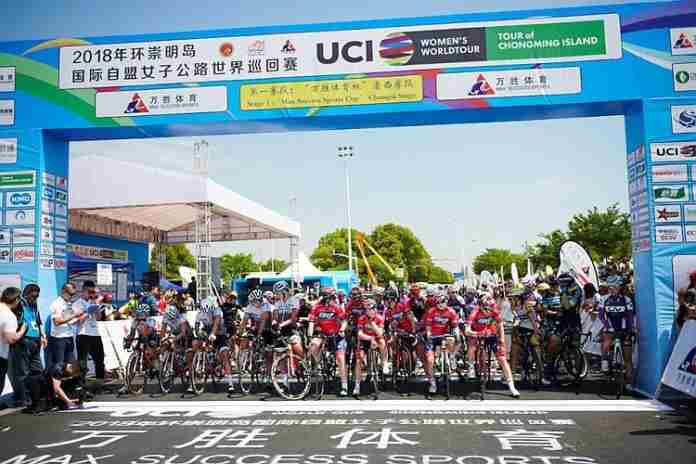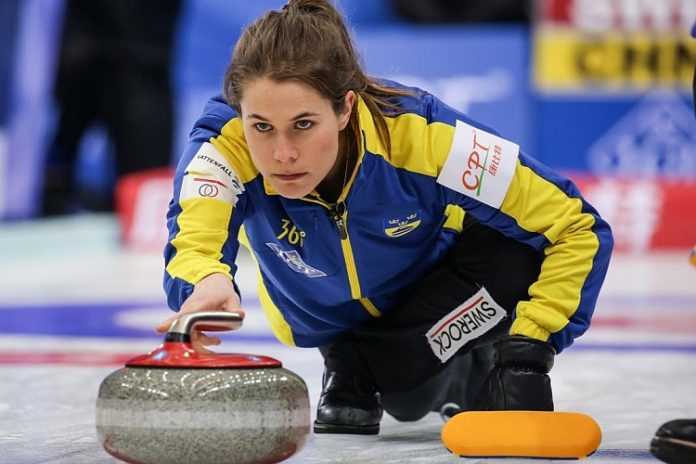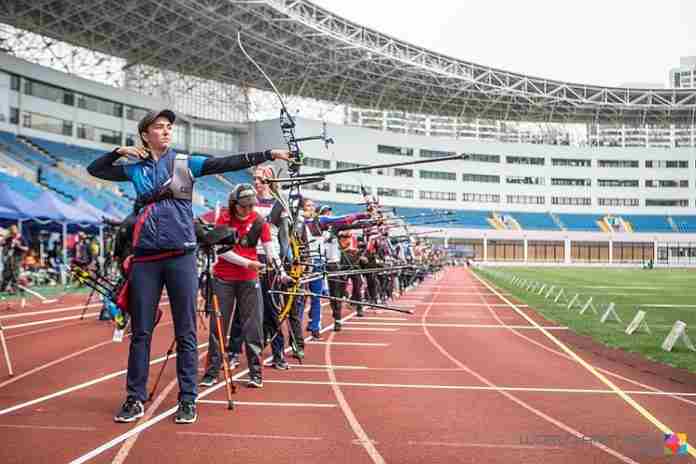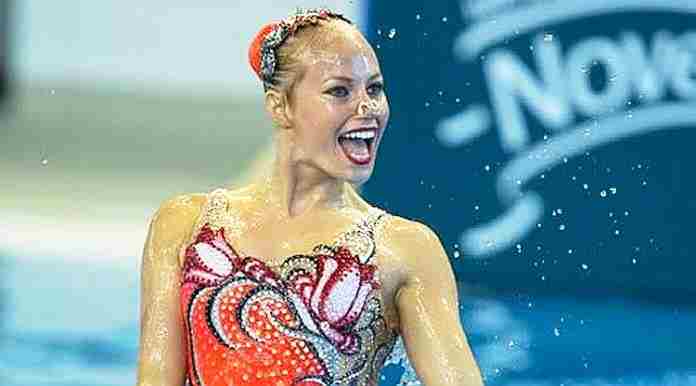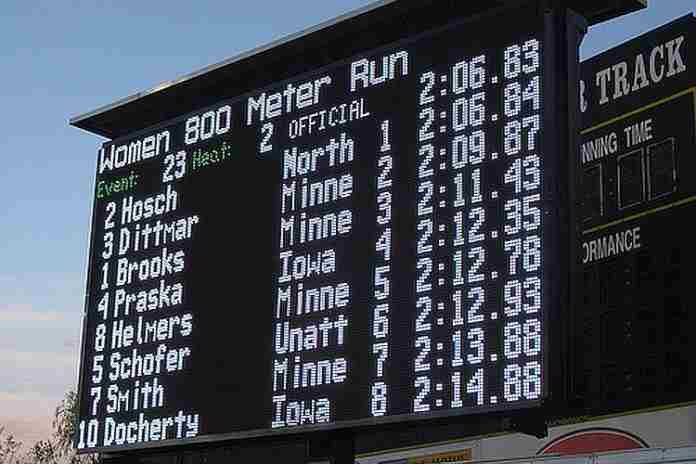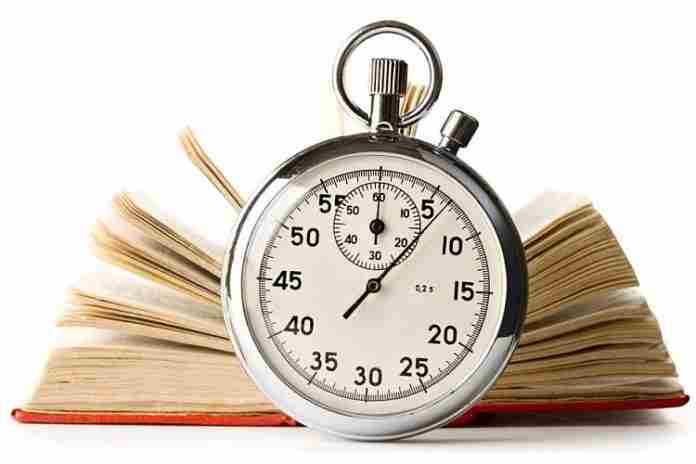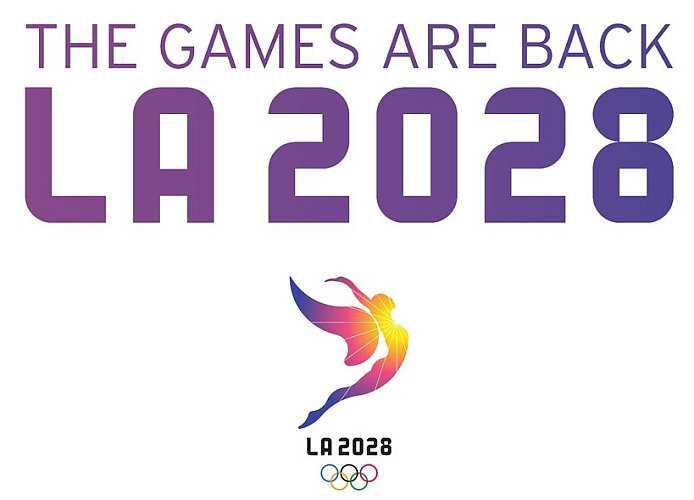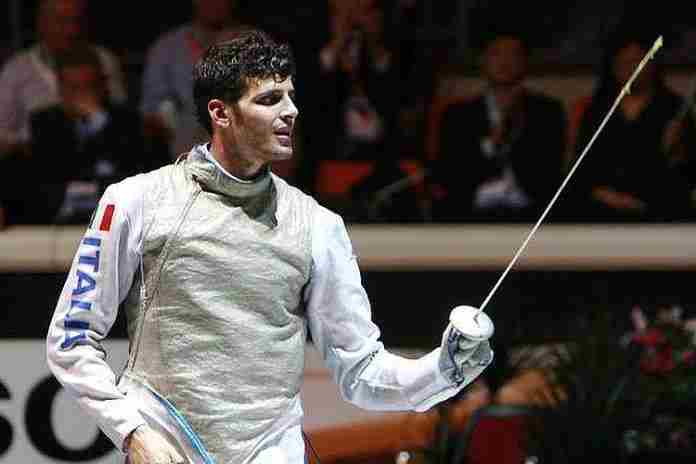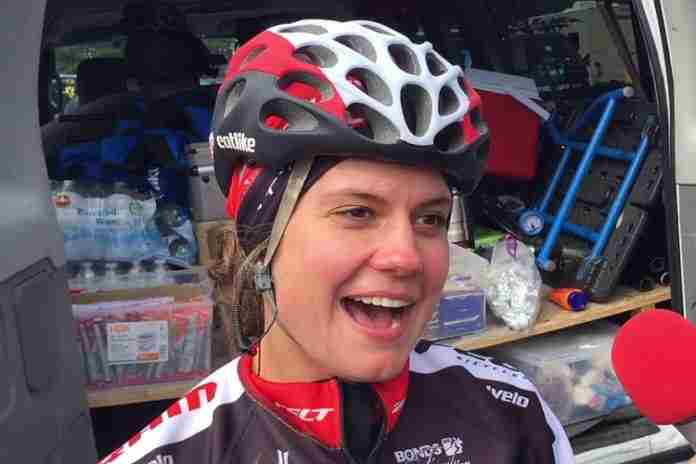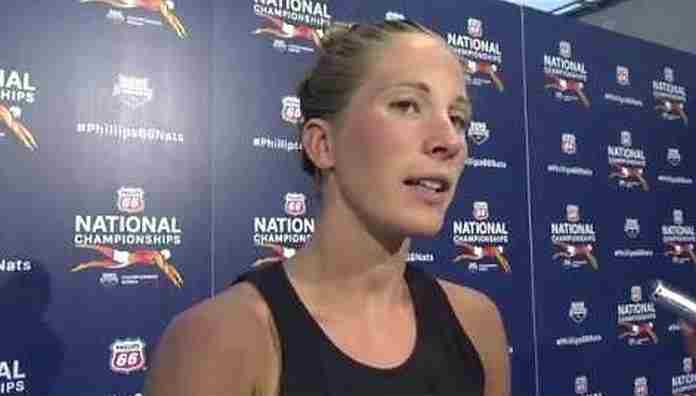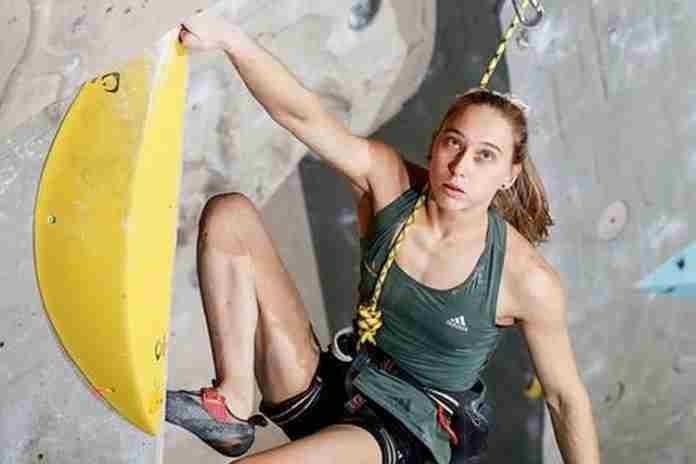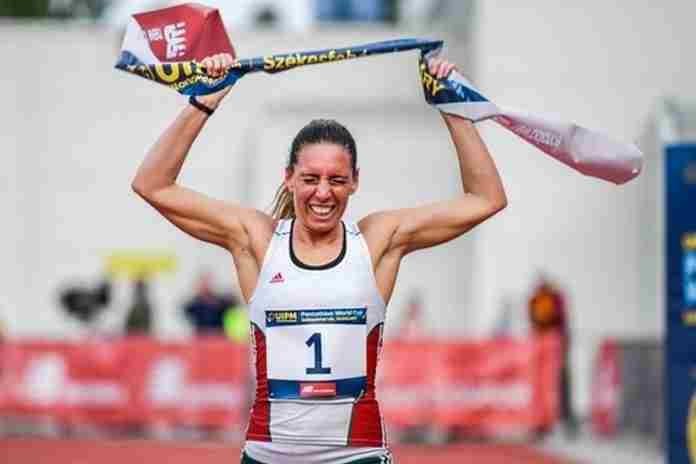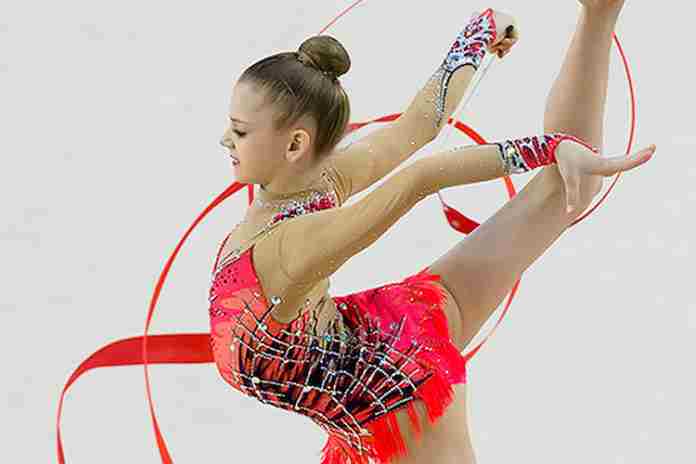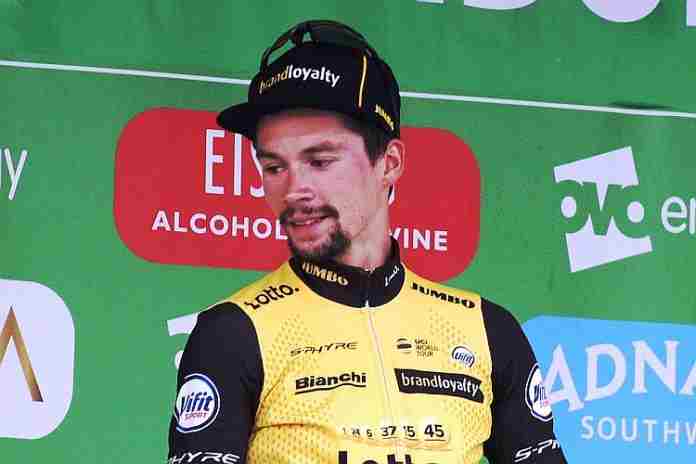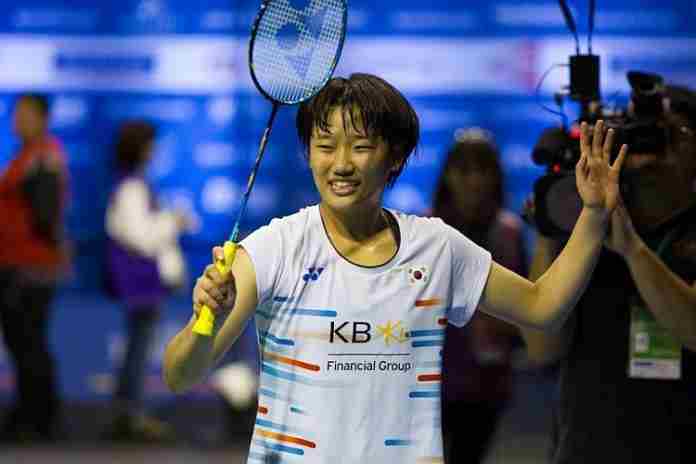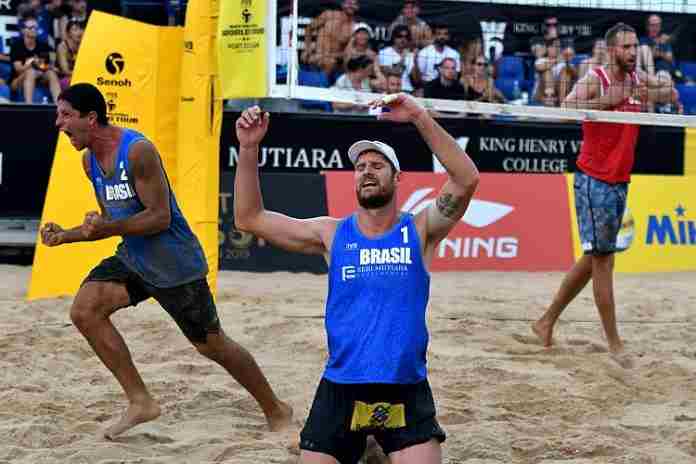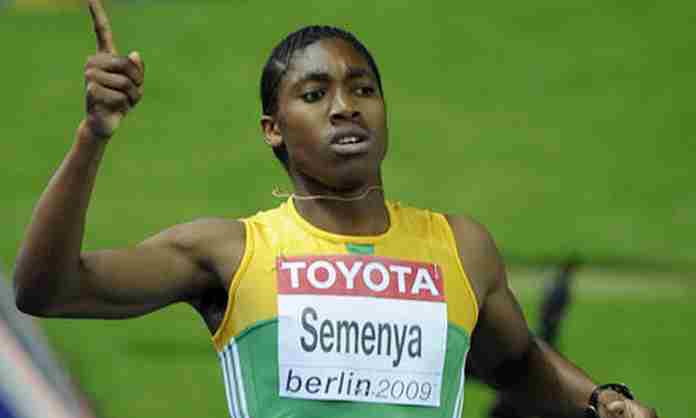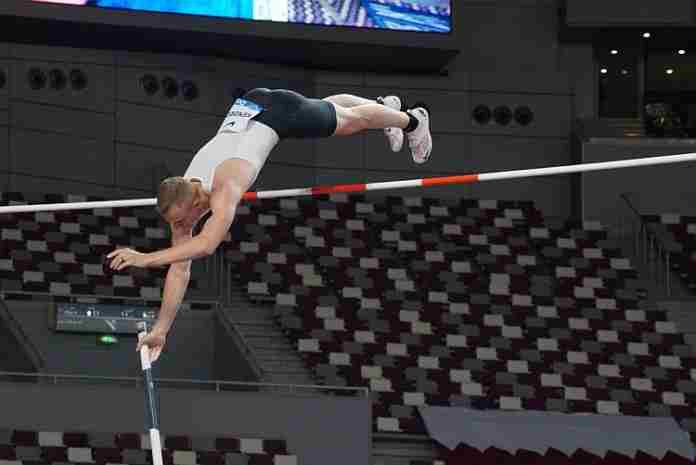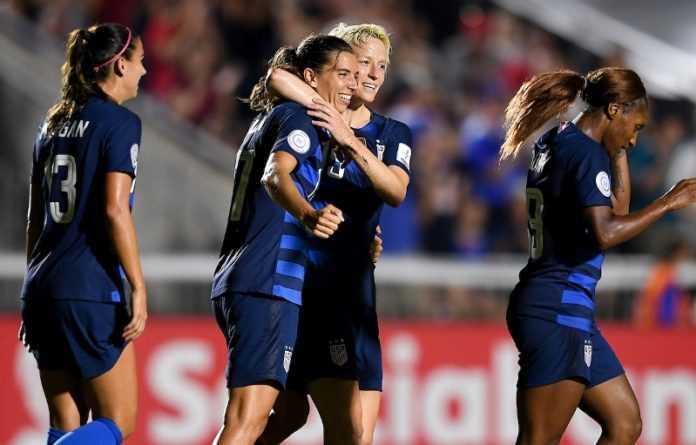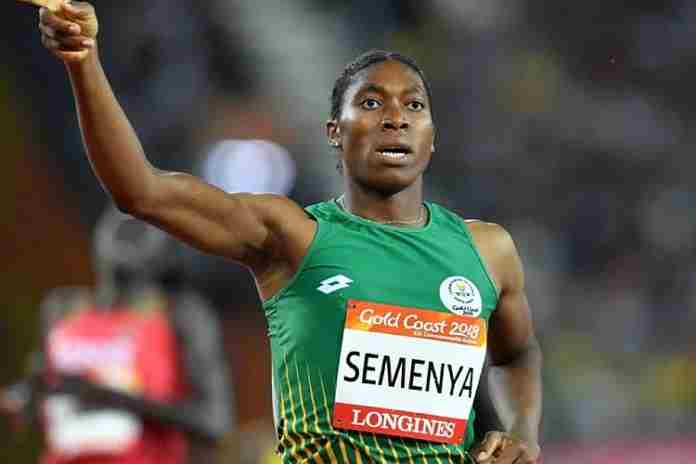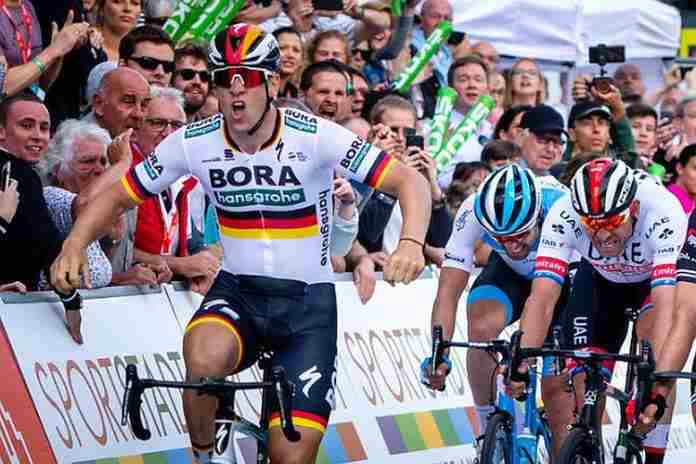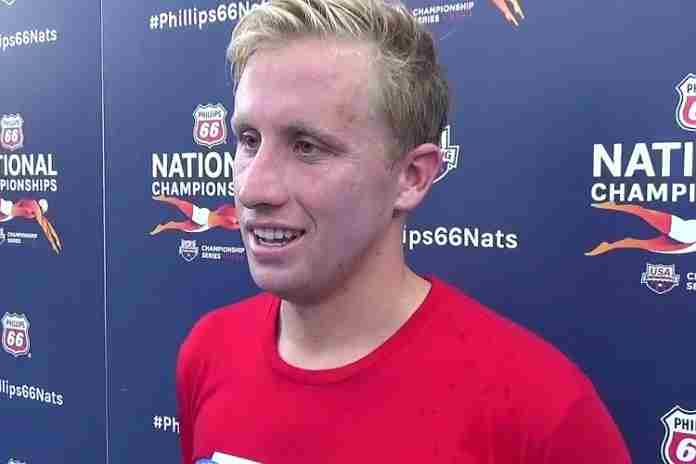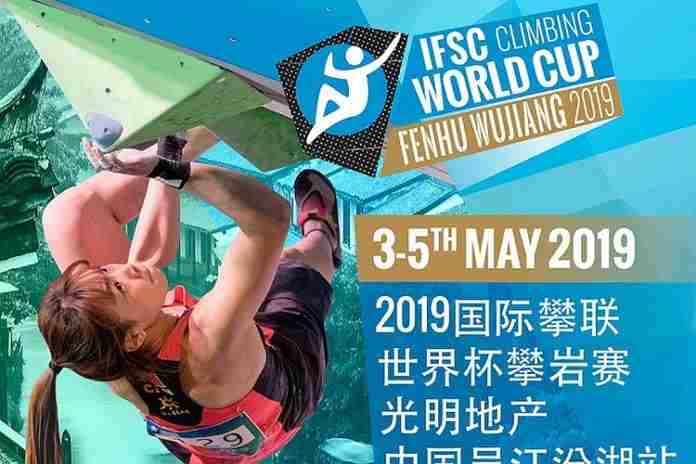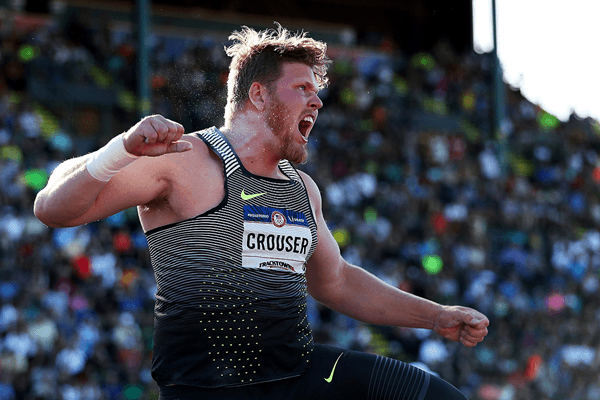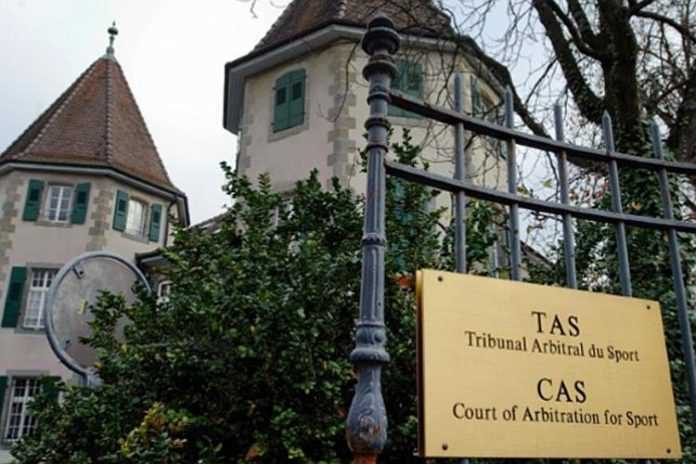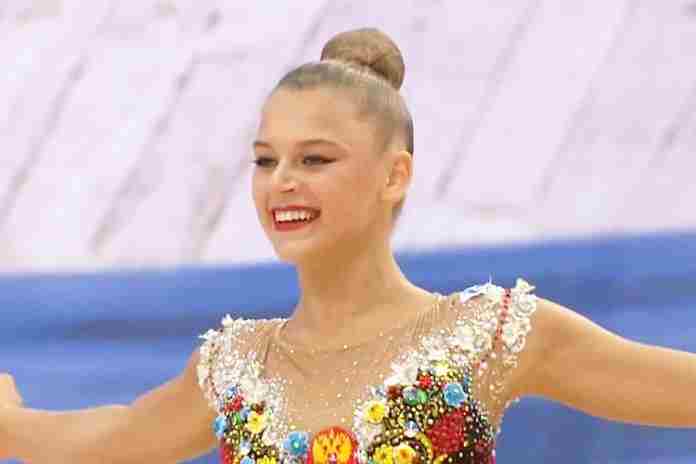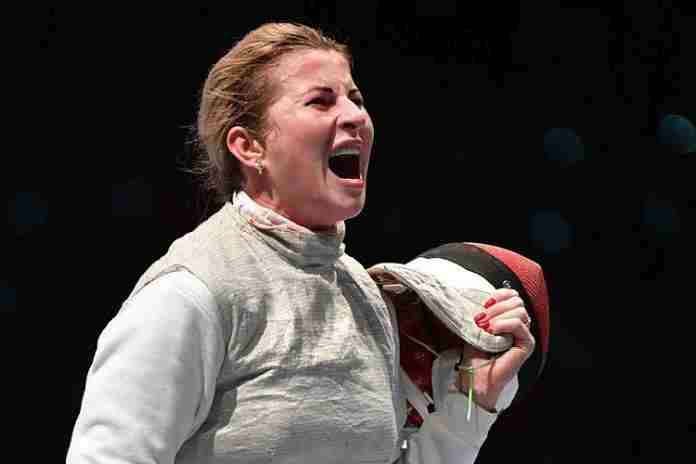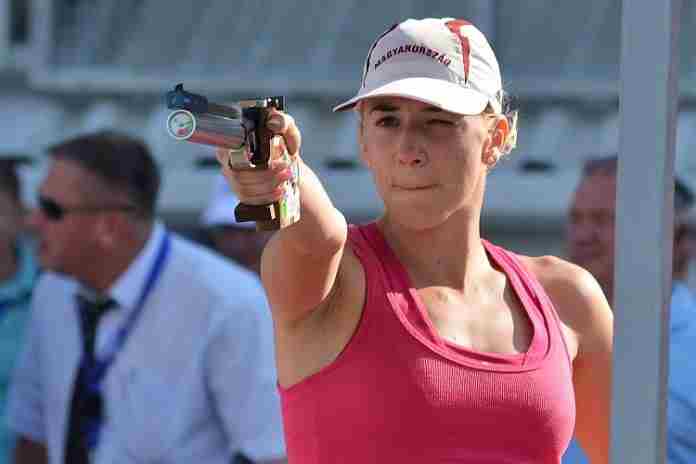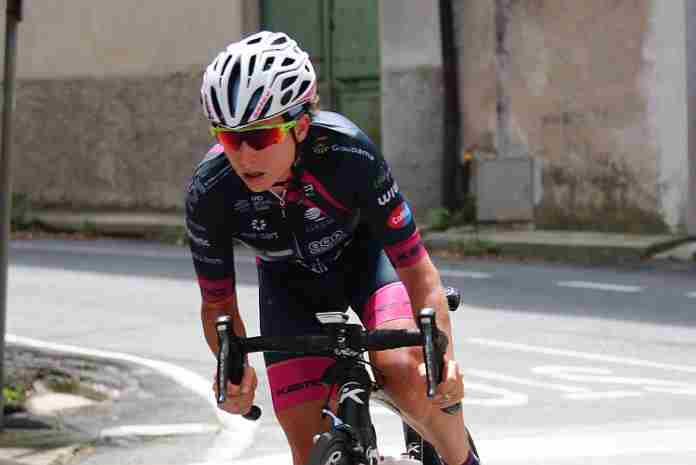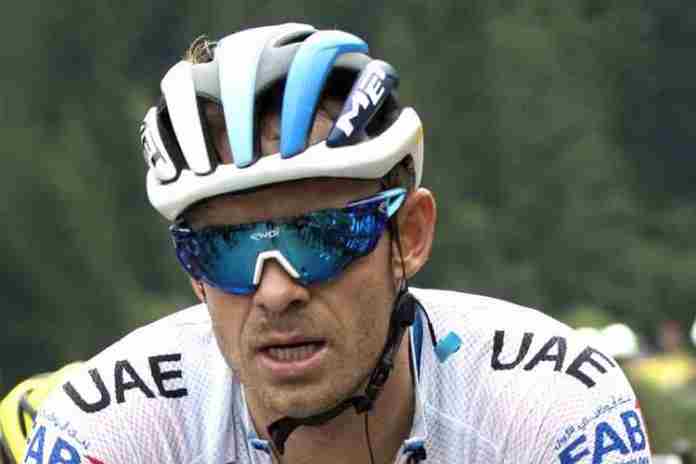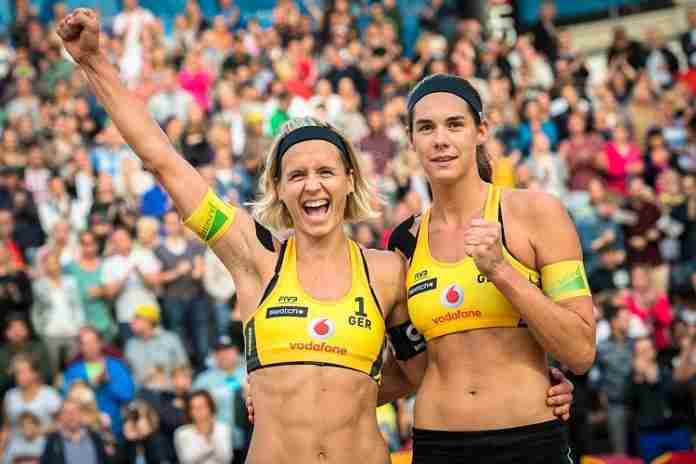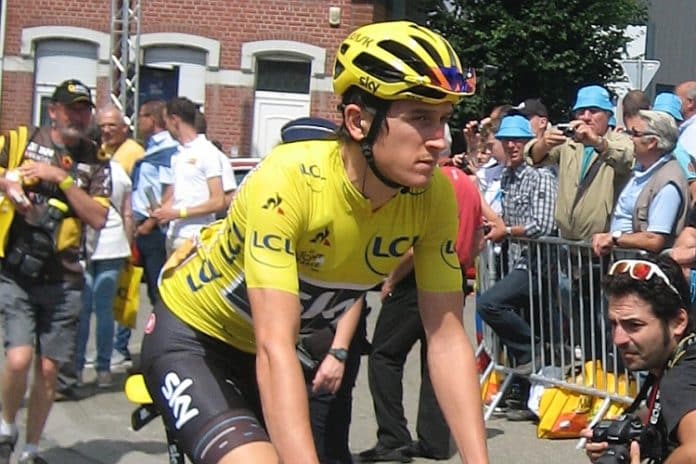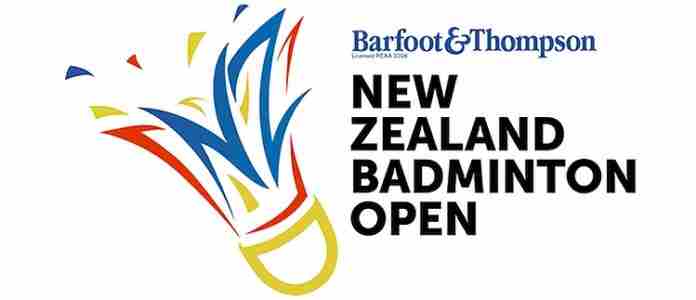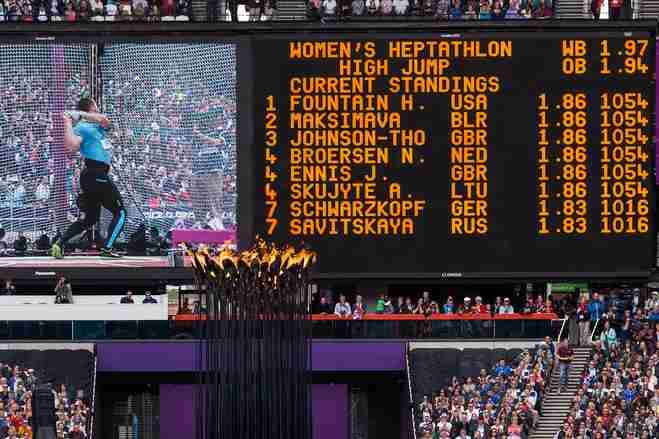In front of a tiny crowd in the Khalifa International Stadium, the IAAF’s Diamond League opener for 2019 showcased a brilliant set of events, including eight world-leading marks and a sensational 1:54.98 win in the 800 m for South Africa’s Caster Semenya.
The world leaders:
● Men/800 m: 1:44.29, Nijel Amos (BOT)
● Men/1,500 m: 3:32.21, Elijah Manangoi (KEN)
● Men/3,000 m Steeple: 8:07.22, Soufiane El Bakkali (MAR)
● Men/Discus: 70.56 m (231-6), Daniel Stahl (SWE)
● Women/200 m: 22.26, Dina Asher-Smith (GBR)
● Women/800 m: 1:54.98, Caster Semenya (RSA)
● Women/3,000 m: 8:25.60, Hellen Obiri (KEN)
● Women/400 m Hurdles: 53.61, Dalilah Muhammad (USA)
The focus of the meet became Semenya when she jumped into the race a day earlier after losing her appeal against the IAAF’s female eligibility regulations. She took control of the race in her usual style, running away from everyone except Burundi’s Francine Niyonsaba – who will also be impacted by the new regulations – and then steaming away down the home straight to finish in 1:54.98, her 30th straight win at the distance and the 15th fastest race in history.
She said afterwards, “I’m excited winning here in Doha. The first race of the season is tough and you may not be able to predict how your body is going to respond to the push but the weather is great and it was wonderful tonight.
“For me, I believe nothing is hard in life because it is up to you how you take life. As an athlete, I believe in sportsmanship and what sports teaches you is to keep pushing on despite all odds. I know life could be difficult at times but I’m a believer and I believe there is always a way to resolve issues. One of my firm beliefs is that there is always a way out for everything. So if a wall is placed in front of me, I jump it. I’m going to keep enjoying my life and live it. I will keep on training and running. To me, impossibility is nothing.”
Niyonsaba was second in 1:57.75 and American Ajee Wilson finished third in 1:58.83.
The other distance races were also intriguing, with 2017 World Champion Elijah Manangoi (KEN) holding off last season’s star, Tim Cheruiyot (KEN) down the final straight for a narrow 3:32.21-3:32.47 victory in the men’s 1,500. Earlier, Morocco’s Soufiane El Bakkali had to run hard over the final lap to catch American Hilary Bor over the last hurdle to win the 3,000 m Steeplechase, 8:07.22-8:08.41. For Bor, the 8:08.41 was a lifetime best and moved him to no. 3 on the all-time U.S. list (with the no. 11 time in U.S. history).
The women’s 3,000 m turned into the hoped-for duel between 2019 World Cross Country Champion Hellen Obiri (KEN) and Ethiopia’s 2015 World 1,500 m champ Genzebe Dibaba. The two finally broke away from the pack with just 200 m left and Obiri had more in the tank in the final 100 m for an 8:25.60-8:26.20 victory. She covered the final lap in 60.9.
The men’s 800 m race was another fight to the finish, as Kenya’s Emmanuel Korir had the lead coming into the home straight, but was passed by a late dash from 2012 Olympic silver medalist Nijel Amos (BOT). His 1:44.29 was just 0.21 faster than Korir, with American Donavan Brazier third in 1:44.70. Brazier was bumped at about the 650 m mark and couldn’t make a clean run for the lead into the home straight, but he recovered well for third.
The men’s throwing events were spectacular, especially Swede Daniel Stahl’s 70.56 m (231-9) winner in the discus, a Diamond League record! “I had great power and I have been working on my technique a lot and training hard in the gym so I expected it,” he said, “and I am really happy.” He should be, with one of the finest series of all time, including – in order – throws of 69.63 m (228-5), 70.49 m (231-3), 70.56 m (231-9), 69.54 m (228-2), 69.50 m (228-0) and 70.32 m (230-8), all of which were better than the world lead prior to the meet!
American Ryan Crouser won his duel with New Zealand’s Tom Walsh in the shot, reaching 22.13 m (72-7 1/4) in the second round. Walsh was second at 22.06 m (72-4 1/2). Both were happy with the results given the long travel effort, but Walsh has some regrets.
“I lost my head so I’m annoyed with myself but it was half expected after traveling for 18 hours to get here,” he said afterwards. “It was my first competition of the season in the Northern Hemisphere so I felt nervous and I was off a bit technically. It’s all part of the challenge, though and I’m used to it. I’m just annoyed because I knew I had more in the tank.”
The sprints were highlighted by a fine performance by Britain’s Dina Asher-Smith to win the 200 m in 22.26, blowing away the field in the final 15 m. Jamaica’s Danielle Williams ran smoothly and confidently to win the women’s 100 m hurdles in 12.66, while Olympic champ Brianna McNeal of the U.S. hit some hurdles and finished well back in seventh in 12.94. Rio champ Dalilah Muhammad looked sensational in winning the 400 m hurdles in 53.61, her fastest time in two seasons! Summaries:
IAAF Diamond League no. 1
Doha (QAT) ~ 3 May 2019
(Full results here)
Men
200 m (wind: +1.3 m/s): 1. Ramil Guliyev (TUR), 19.99; 2. Alex Quinonez (ECU), 20.19; 3. Aaron Brown (CAN), 20.20.
800 m: 1. Nijel Amos (BOT), 1:44.29; 2. Emmanuel Korir (KEN), 1:44.50; 3. Donavan Brazier (USA), 1:44.70.
1,500 m: 1. Elijah Manangoi (KEN), 3:32.21; 2. Tim Cheruiyot (KEN), 3:32.47; 3. Bethwell Birgen (KEN), 3:33.12.
3,000 m Steeple: 1. Soufiane El Bakkali (MAR), 8:07.22; 2. Hilary Bor (USA), 8:08.41; 3. Leonard Bett (KEN), 8:08.61. Also: 12. Andrew Bayer (USA), 8:28.80.
Pole Vault: 1. Sam Kendricks (USA), 5.80 m (19-0 1/4); 2. Thiago Braz (BRA), 5.71 m (18-8 3/4); 3. Seito Yamamoto (JPN), 5.61 m (18-4 3/4). Also: Andrew Irwin (USA), no height.
Shot Put: 1. Ryan Crouser (USA), 22.13 m (72-7 1/4); 2. Tom Walsh (NZL), 22.06 m (72-4 1/2); 3. Darlan Romani (BRA), 21.60 m (70-10 1/2). Also: 4. Darrell Hill (USA), 21.28 m (69-9 3/4); … 6. Joe Kovacs (USA), 20.83 m (68-4 1/4).
Discus: 1. Daniel Stahl (SWE), 70.56 m (231-6); 2. Lukas Weisshaidinger (AUT), 66.90 (219-6); 3. Ehsan Hadadi (IRI), 66.78 m (219-1). Also: 4. Reggie Jagers (USA), 64.89 m (212-10); … 7. Mason Finley (USA), 63.52 m (208-5).
Women
200 m (+1.1): 1. Dina Asher-Smith (GBR), 22.26; 2. Jamile Samuel (NED), 22.90; 3. Blessing Okagbare (NGR), 23.14. Also: Kyra Jefferson (USA), 23.15; … 6. Jeneba Tarmoh (USA), 23.39; 7. Phyllis Francis (USA), 23.47.
800 m: 1. Caster Semenya (RSA), 1:54.98; 2. Francine Niyonsaba (BDI), 1:57.75; 3. Ajee Wilson (USA), 1:58.83. Also: 5. Raevyn Rogers (USA), 1:59.07.
3,000 m: 1. Hellen Obiri (KEN), 8:25.60; 2. Genzebe Dibaba (ETH), 8:26.20; 3. Lilian Rengenuk (KEN), 8:29.02.
100 m Hurdles (+0.9): 1. Danielle Williams (JAM), 12.66; 2. Tobi Amusan (NGR), 12.73;3. Sharika Nelvis (USA), 12.78. Also: 4. Christina Clemons (USA), 12.83 … 7. Brianna McNeal (USA), 12.94; 8. Amber Hughes (USA), 12.97.
400 m Hurdles: 1. Dalilah Muhammad (USA), 53.61; 2. Ashley Spencer (USA), 54.72; 3. Anna Ryzhykova (UKR), 54.82.
High Jump: 1. Yaroslava Mahuchikh (UKR), 1.96 m (6-5); 2. Mirela Demitreva (BUL), 1.91 m (6-3 1/4); 3. Erika Kinsey (SWE), 1.91 m (6-3 1/4).
Long Jump: 1. Caterine Ibarguen (COL), 6.76 m (22-2 1/4); 2. Maryna Bekh-Romanchuk (UKR), 6.74 m (22-1 1/2); 3. Brooke Stratton (AUS), 6.73 m (22-1). Also: 7. Sha’Keela Saunders (USA), 6.37 m (20-10 3/4); … 9. Tianna Bartoletta (USA), 5.92 m (19-5 1/4).






















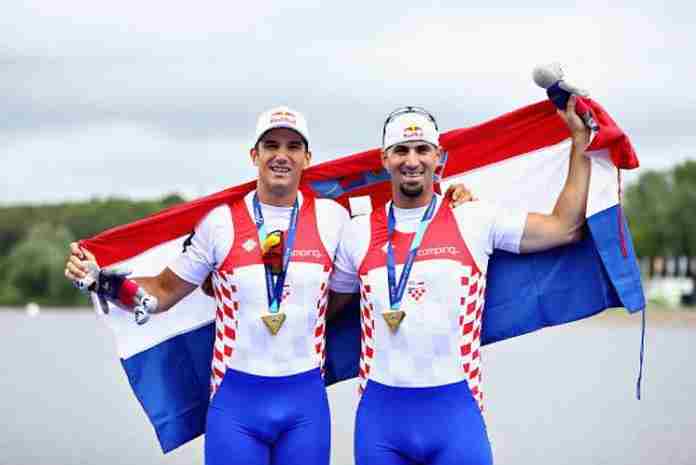
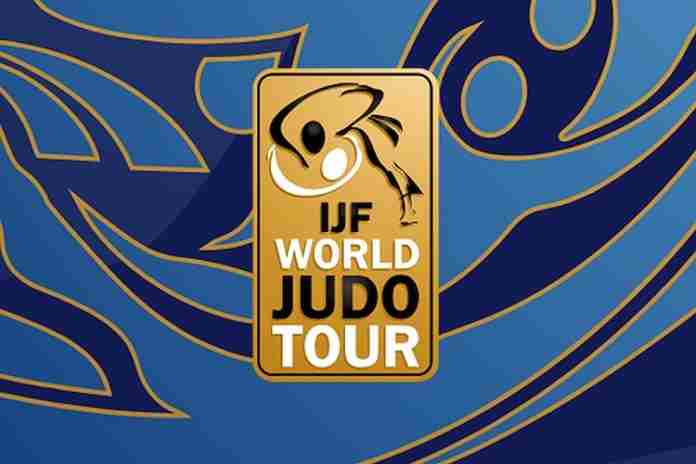
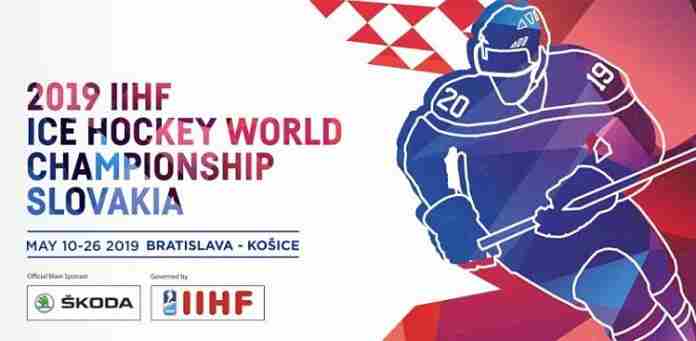
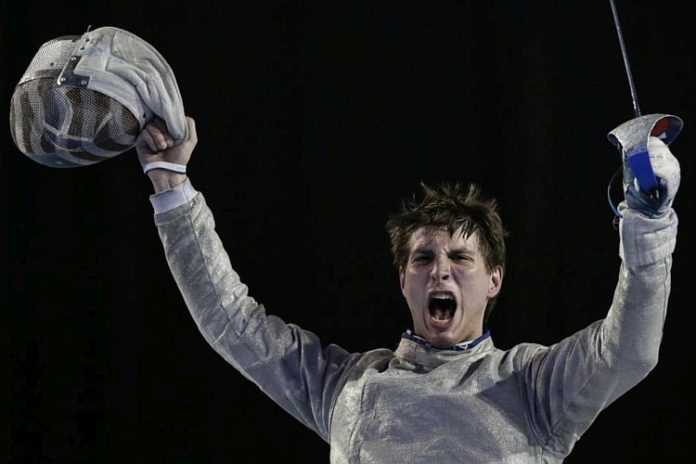

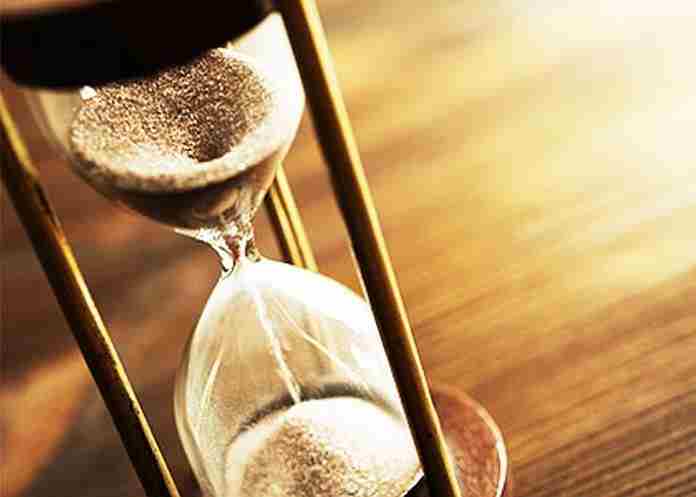
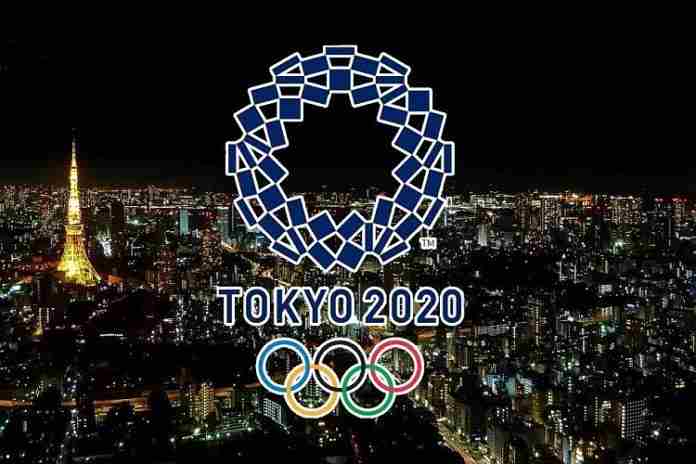
 In remarks to the Australian Olympic Committee’s Annual General Assembly last Saturday, International Olympic Committee President Thomas Bach of Germany
In remarks to the Australian Olympic Committee’s Annual General Assembly last Saturday, International Olympic Committee President Thomas Bach of Germany 
